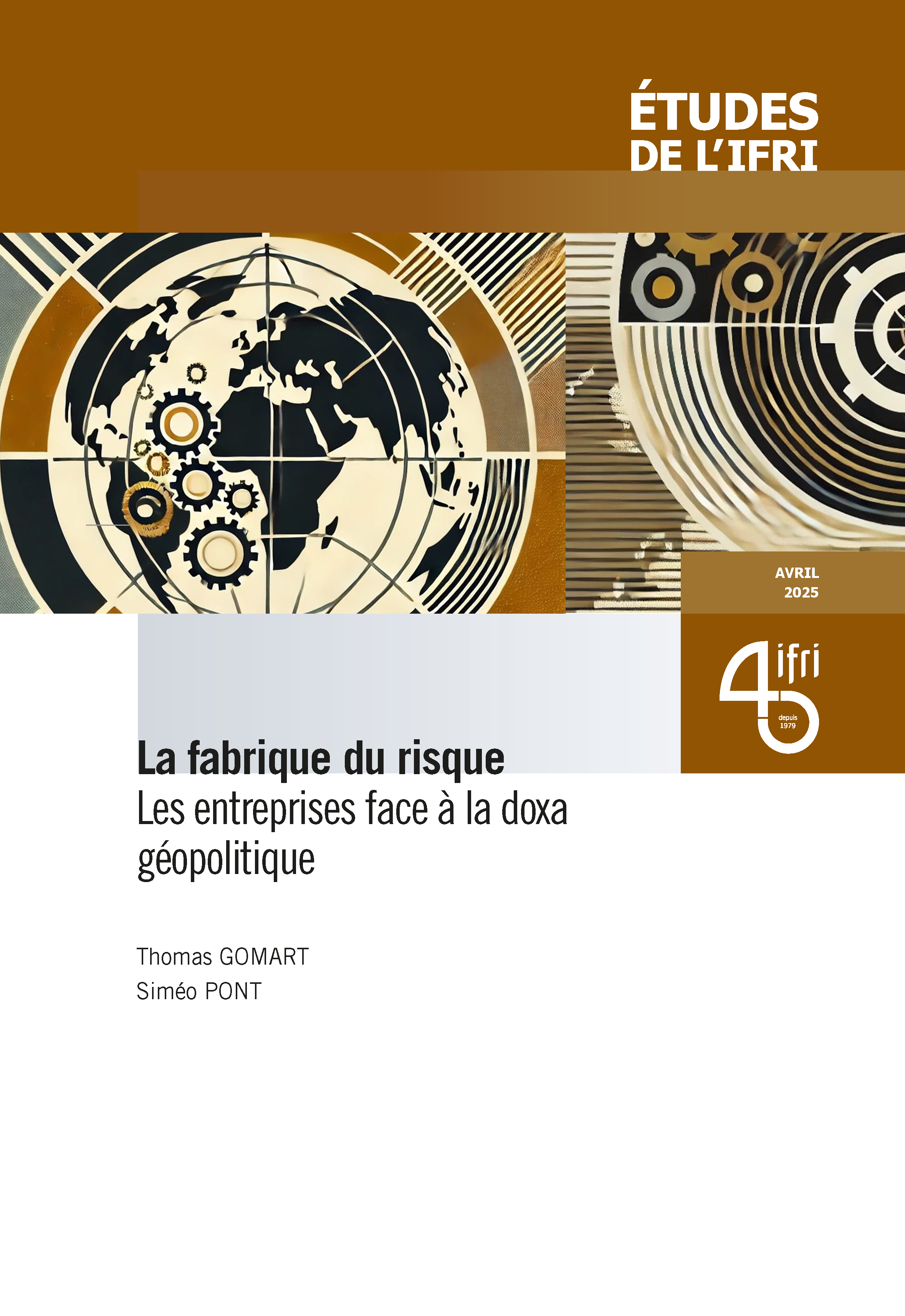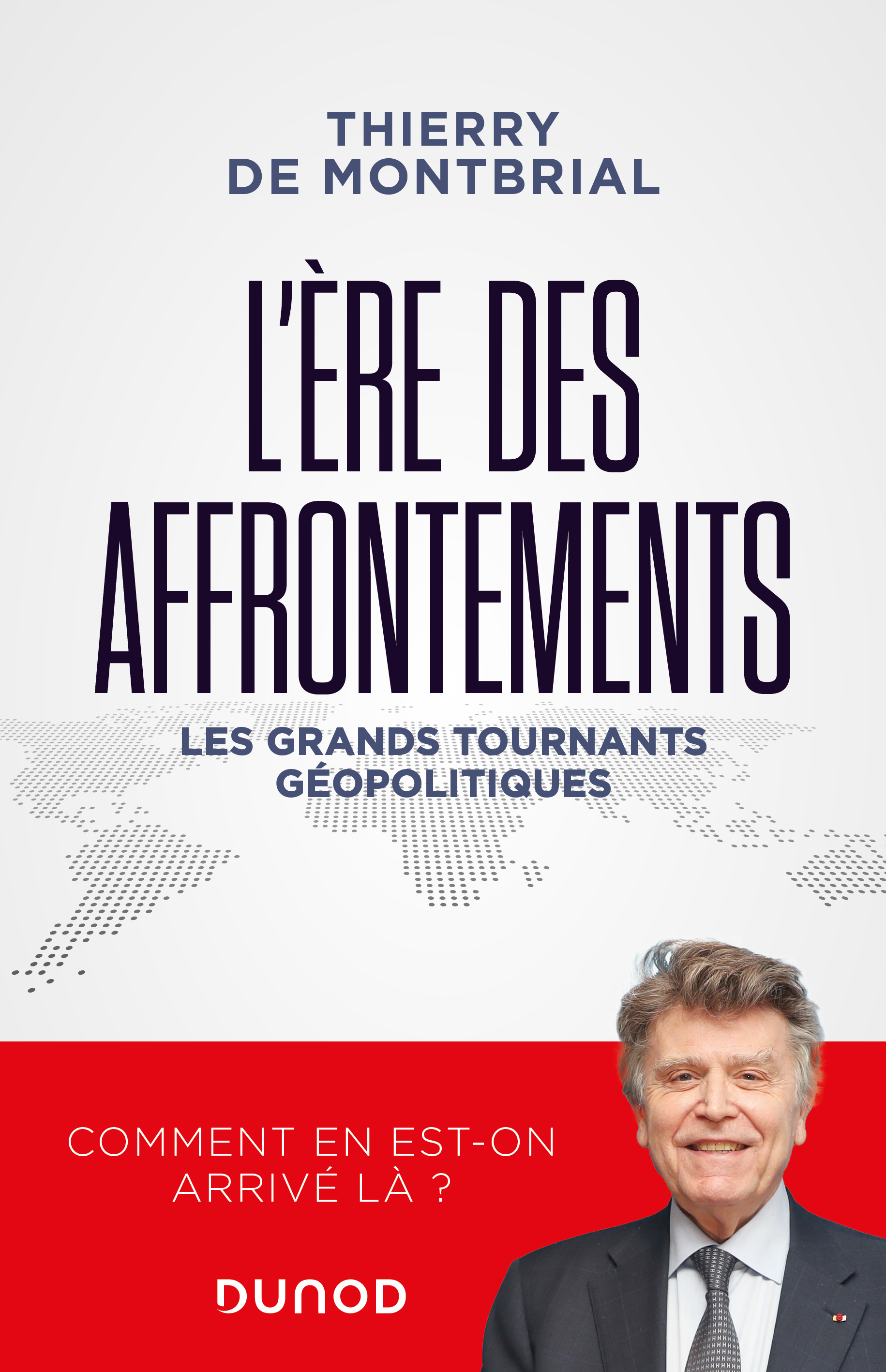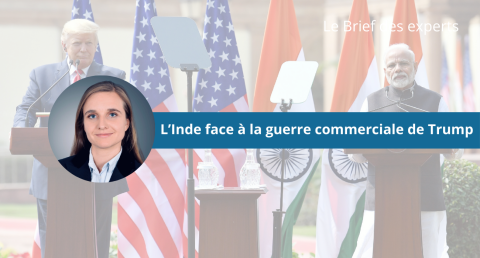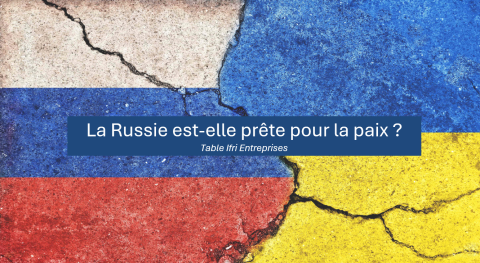
Informations pratiques
Centres et programmes liés
Ceci est un événement réservé.
En savoir plus sur nos programmes de soutienThe deep crisis in relations between the European Union and the Russian Federation has raised fundamental questions about the EU’s policy towards its eastern neighbours. 2014/15 is likely to come to be seen as a critical juncture in the relations between the EU, the Russian Federation and the countries of the Eastern Partnership.
The Friedrich-Ebert-Stiftung (FES) and the Study Committee on French-German Relations (Cerfa) of the French Institute of International Relations (Ifri) are hosting an expert workshop that aims to discuss what policy options France, Germany and their European partners should consider to define their common interests and shape the EU's future policy.
The discussion will be based on a new report published by the Friedrich-Ebert-Stiftung on “Europe and the East in 2030”. The report was based on three workshops in which a group of experts identified the driving forces that shape the relationship and discussed four possible future trajectories for the EU's relationship with its eastern neighbors. We will present the four scenarios and discuss how the EU can make the more positive scenarios more likely and prevent the more negative scenarios from becoming reality.

Presentation of Scenarios
- Ireneusz Bil (Poland), Director of the Aleksander Kwaśniewski Foundation Amicus Europae, Warsaw
- Hans Kundnani (UK), Research Director, European Council on Foreign Relations (ECFR), Berlin
- Florence Mardirossian (France), Co-Founder of Geopole Europe, Paris
- Dmytro Ostroushko (Ukraine), Head of International Department of the Gorshenin-Institut, Kyiv
- Dmitry Suslov (Russia), Deputy Director of the Center for Comprehensive European and International Studies at the Higher School of Economics, Moscow
What follows? Policy Implications of the Scenarios for the EU
Barbara Kunz (France), Research fellow, Study Committee on French-German Relations (Cerfa), French Institute of International Relations (Ifri), Paris
Debate
Participation only by invitation
Autres événements

Le retour de la « grande coalition » – quel leadership allemand dans un monde incertain ?
Le nouveau gouvernement allemand, une « grande coalition » probablement dirigée par Friedrich Merz, va devoir faire face à un environnement international complexe, marqué notamment par un bouleversement des relations transatlantiques. Les attaques de l’administration Trump à l’égard des alliés traditionnels des Etats-Unis, le rapprochement entre Washington et Moscou, ainsi que les incertitudes qui pèsent sur le futur de l’OTAN, ébranlent les paradigmes de la politique étrangère allemande.
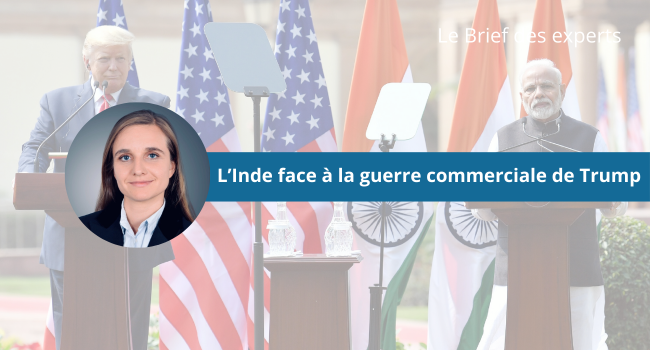
L’Inde face à la guerre commerciale de Trump
Un brief de 30 minutes autour de Sylvia Malinbaum, chercheuse, responsable de la recherche sur l'Inde et l'Asie du Sud au Centre Asie de l'Ifri.
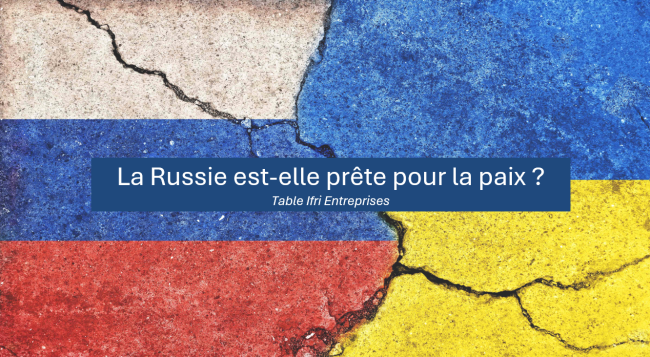
La Russie est-elle prête pour la paix ?
Depuis plus de trois ans, la Russie mène une guerre de haute intensité contre l’Ukraine, qui bénéfice du soutien politique, militaire et financier de l’Occident.


